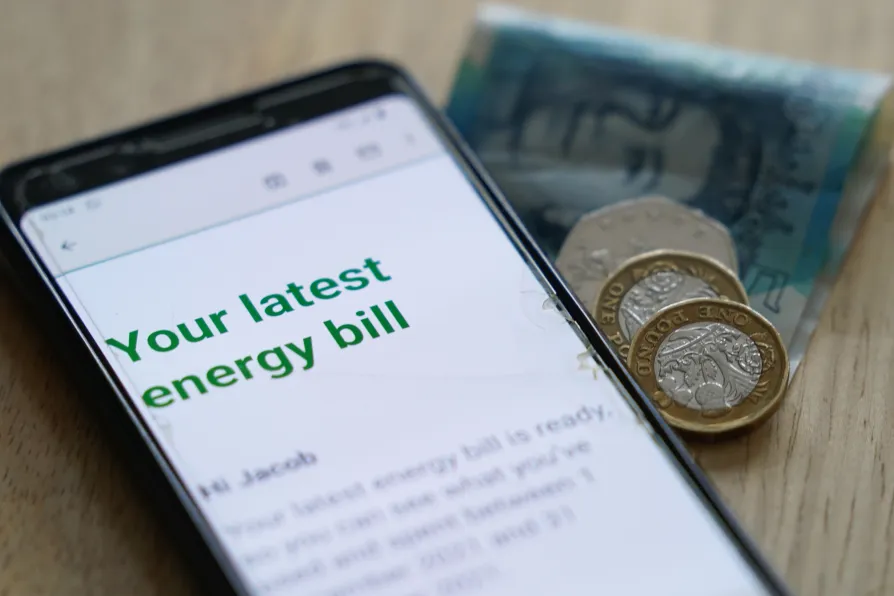
 An online energy bill
An online energy bill
ANTI-FUEL poverty campaigners are demanding urgent action as electricity bills are set to jump 20 per cent over the next five years.
Octopus Energy’s Rachel Fletcher told MPs at an energy and net zero select committee session on Wednesday that electricity prices are on track to rise by a fifth by 2030.
Ms Fletcher, who is the firm’s director for regulation and economics, urged the government to review how wholesale gas prices are affecting Britain.
Her warning comes two weeks after the typical annual household energy bill increased by 2 per cent, from £1,720 to £1,755.
She said how wholesale gas prices are calculated needs to change, warning: “If we continue on the path that we are on right now, in all likelihood electricity prices for a typical customer are going to be 20 per cent higher in four or five [years] than they are now, and that’s even if wholesale prices halve.”
EDF UK chief executive Simone Rossi also called for reduced regulatory burdens, saying: “The cost of serving customers in the UK is about £100 per annum and in France it is €45” (£39).
“This is not to do with wholesale price or gas marginal costs but is driven by the fact we have a very complex regulation which has become more sophisticated over the years.”
End Fuel Poverty Coalition co-ordinator Simon Francis called it “highly concerning that energy bosses have painted such a bleak outlook.”
He said: “With over 12 million households struggling with the cost of heating and energy debt at record levels, it’s clear that electricity pricing must be fairer, standing charges reduced and that the government must look at how any vital investment in energy infrastructure is paid for.
“Ministers and the regulator should set out a clear long-term pathway so that the public knows what the fixed costs of the grid are likely to be, what schemes will be available to help improve energy efficiency and what financial support will be in place to help those in fuel poverty.”
A Department for Energy Security and Net Zero spokesperson rejected the bosses’ “speculations,” saying the only way to bring down bills is by “making Britain a clean energy superpower,” thus getting “off the rollercoaster of fossil fuel prices and onto clean, homegrown power that we control.”

World Health Organisation warns that 'current rates of improvement are insufficient'












